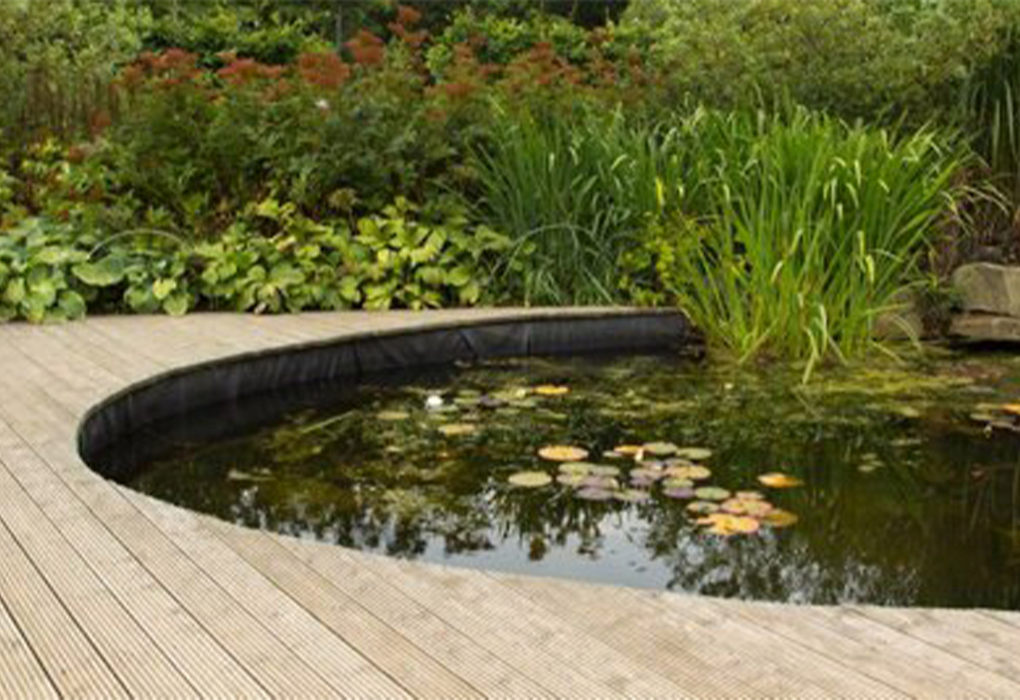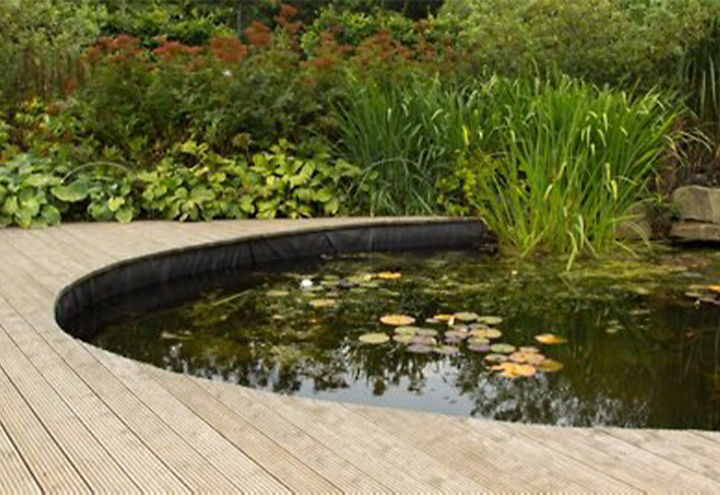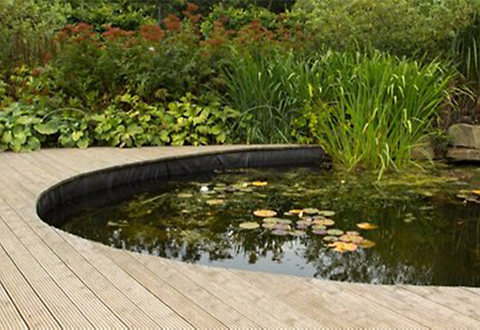Christmas clearance has landed! Click + Collect selected items in just one hour. Shop now >>
October gardening jobs
Tips and advice on garden care in October
As the days shorten and the air gets a chill, your garden is beginning to slow down for a well-earned rest.
The gardening year is now starting to wind down, and plants are beginning to reward us with the jewel like colours of their autumn leaves. But that doesn't mean an end to the gardening – there's still plenty of fun to be had tending to your garden and jobs completed now will help ensure your plants wake up healthy and strong in spring. Our handy checklist will help you to make sure you've taken care of all those October jobs.
October focus: Keep your garden chirpy
As the weather starts to get a little colder, why not make your garden a haven for birds? Adding bird tables and feeders and a bird box can help attract many different feathered friends to your outdoor space.
Don’t forget to stock up on bird food, choosing different foods helps to attract different birds or consider growing your own natural food supplies too – birds enjoy berries and natural seed heads.
For more ideas and top tips on how to nurture birds in your garden, read our guide. Time to get the binoculars out!
Grow your own: Early carrots
October is the time for sowing early carrot seeds. Early carrots can be more tender than maincrop carrots, so it’s worth planting some this month to enjoy next Spring. As with all carrots, early carrots prefer loose, deep and sandy soil. If the soil is too heavy or compacted, your carrots won’t grow as well and could be stunted. For tips on How to grow carrots, including soil preparation, thinning out and sowing advice, check out our step-by-step guide.
Garden jobs for October
General garden jobs
- Tidy borders lightly, clearing weeds and cutting down spent flower stems
- Compost all green rubbish generated by clearing the garden. Don’t put woody material on the compost heap unless they are put through a garden shredder and never put the roots of perennial weeds into your compost bin
- Clear leaves off paths and patios with a broom or garden vac
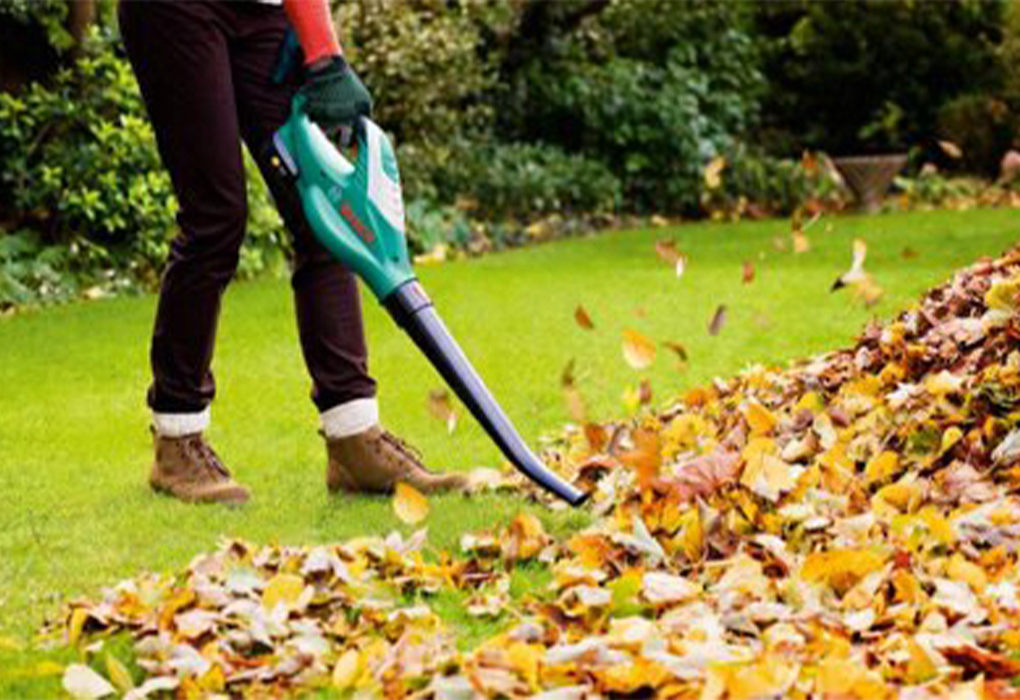

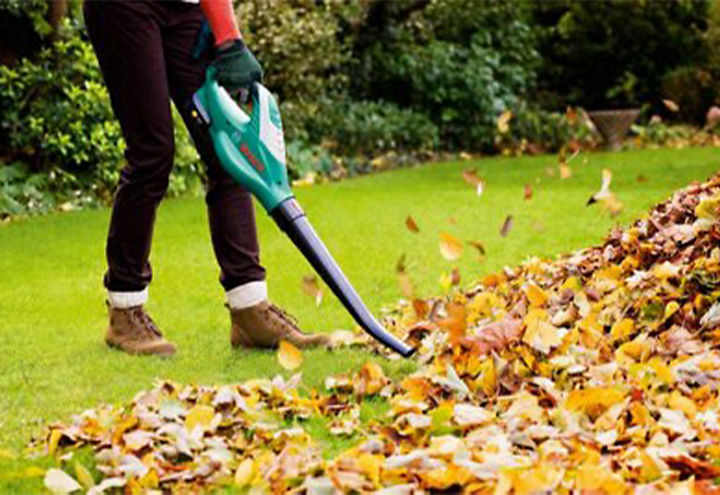
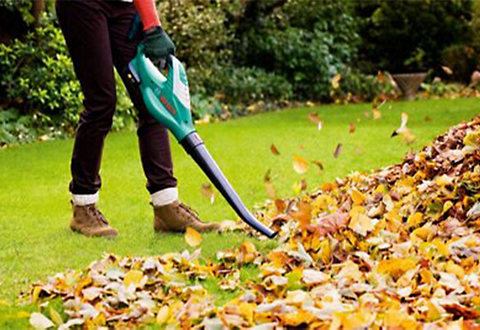
Lawns
- October and November are the best months for laying a new lawn with turf, although in a mild winter, if the soil stays in a workable state, you could lay it right through the winter
- Reduce the frequency of mowing and clear piles of dead leaves from the lawn to stop the grass turning yellow with a lawn rake or leaf blower / garden vac
- Carry out autumn lawn care if you haven’t done so already
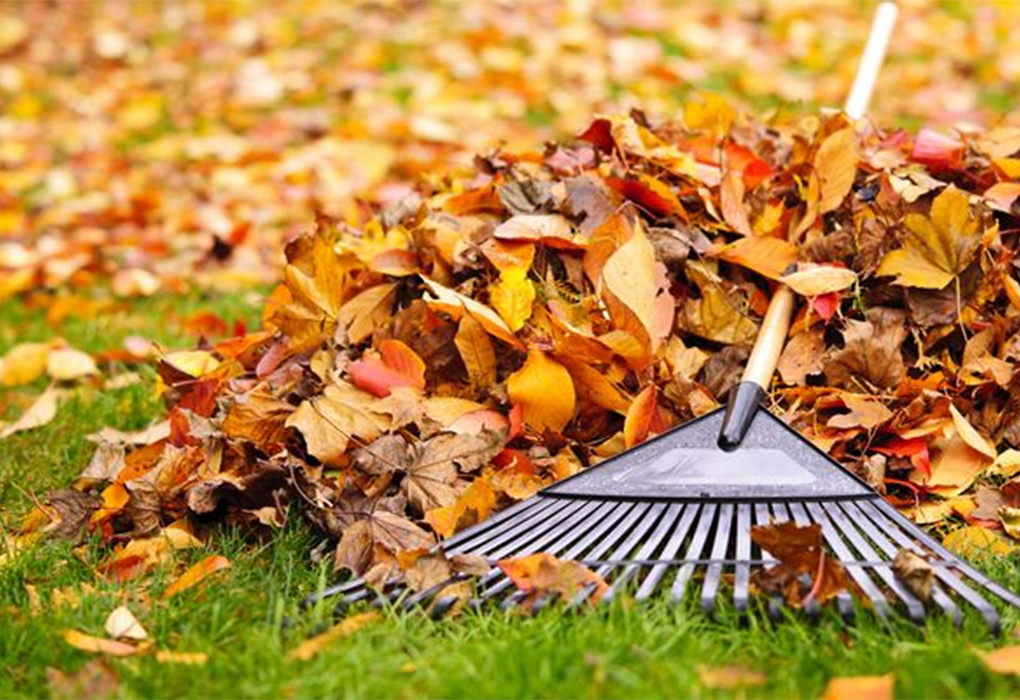

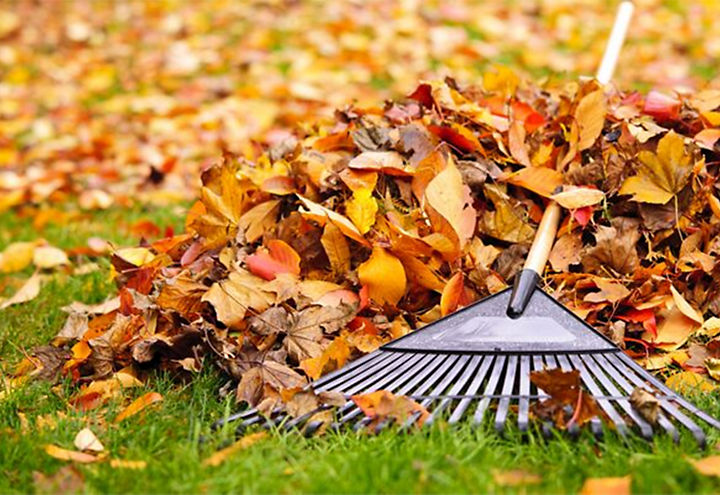
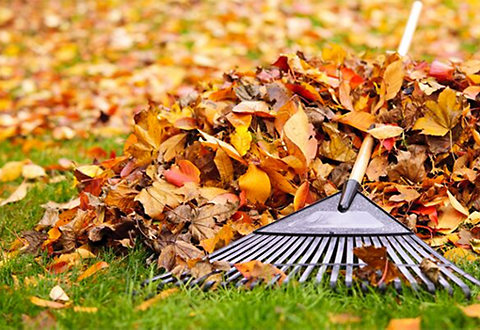
Trees, shrubs and climbers
- Plant container-grown trees, shrubs, climbers and roses
- Check tree ties in windy weather
- Cut back tall shrubs if necessary with a sharp pair of loppers
- Prune late-flowering climbing roses and repeat-flowering old-fashioned roses with secateurs
- Trim privet hedges using hedge shears or invest in a powered hedge trimmer for those larger jobs


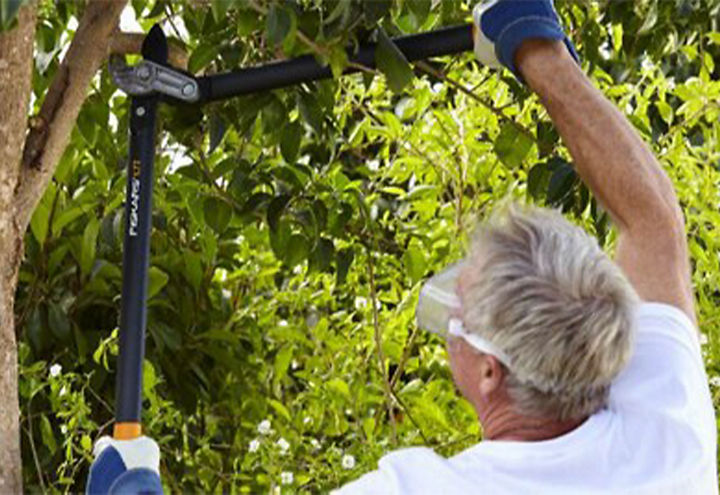
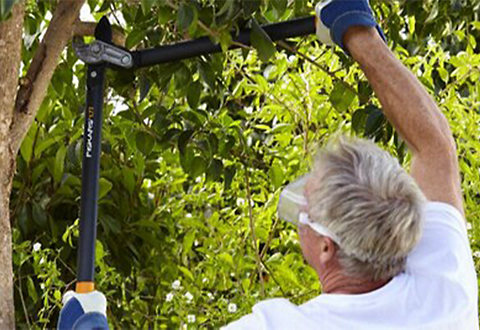
Flowers
- Continue planting Spring flowering bulbs with a bulb planter
- Remove fallen leaves from the crowns of plants to prevent rotting
- Continue replacing old summer bedding with winter and spring bedding as the flowers come to an end, and add fresh compost




Pots and container plants
- Plant winter and spring bedding and spring bulbs in containers
- Containers will need occasional watering but aim to keep the compost just moist rather than wet
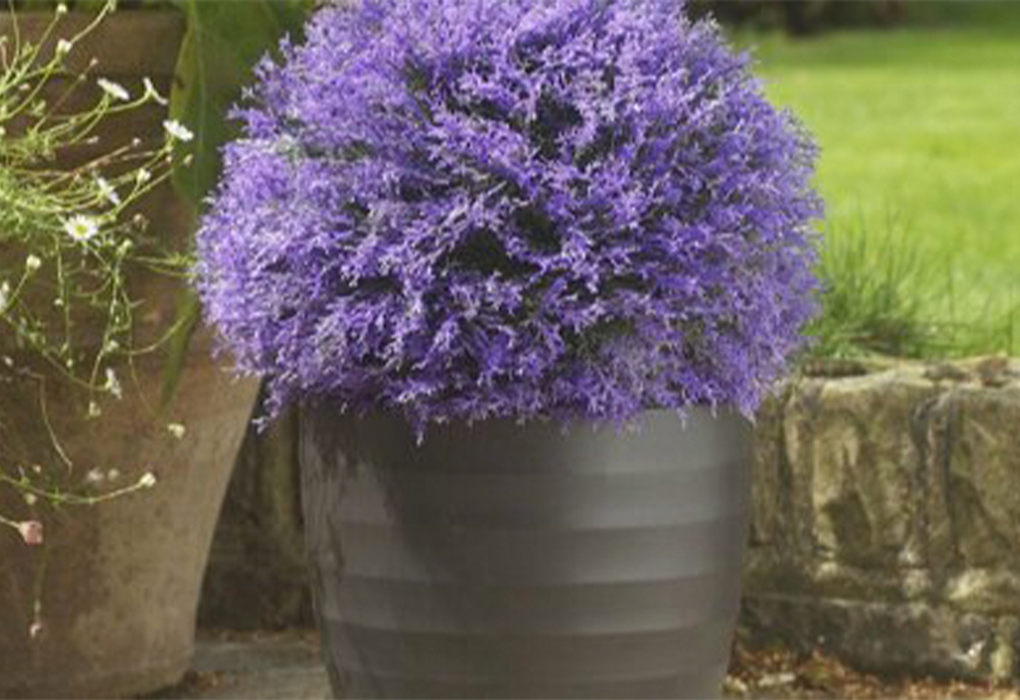

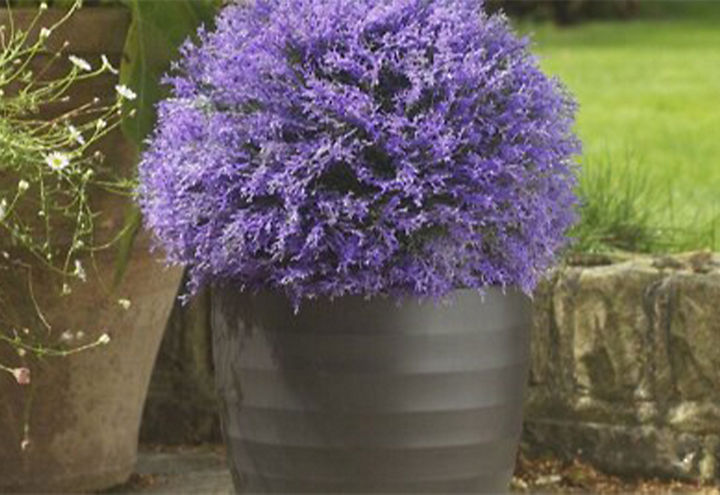
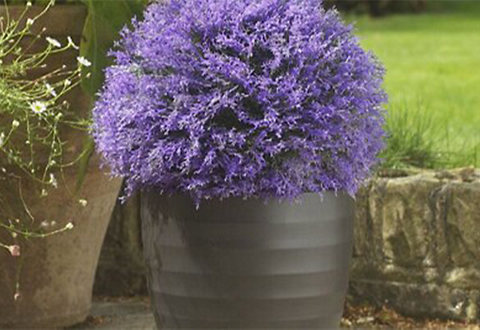
Vegetables and herbs
- Gather to store or use fresh: sprouts, leeks, autumn cauliflowers, maincrop potatoes, Jerusalem artichokes, carrots, parsnips, pumpkins and winter squashes
- Protect salads and late root crops with horticultural fleece to extend the growing season
- Once the veg patch is cleared carry out winter digging (digging or forking over bare patches of ground). Mix in organic matter, like horse or chicken manure, or as you go
- Plant spring cabbage and overwintering onion sets. Garlic can be planted towards the end of the month or throughout November
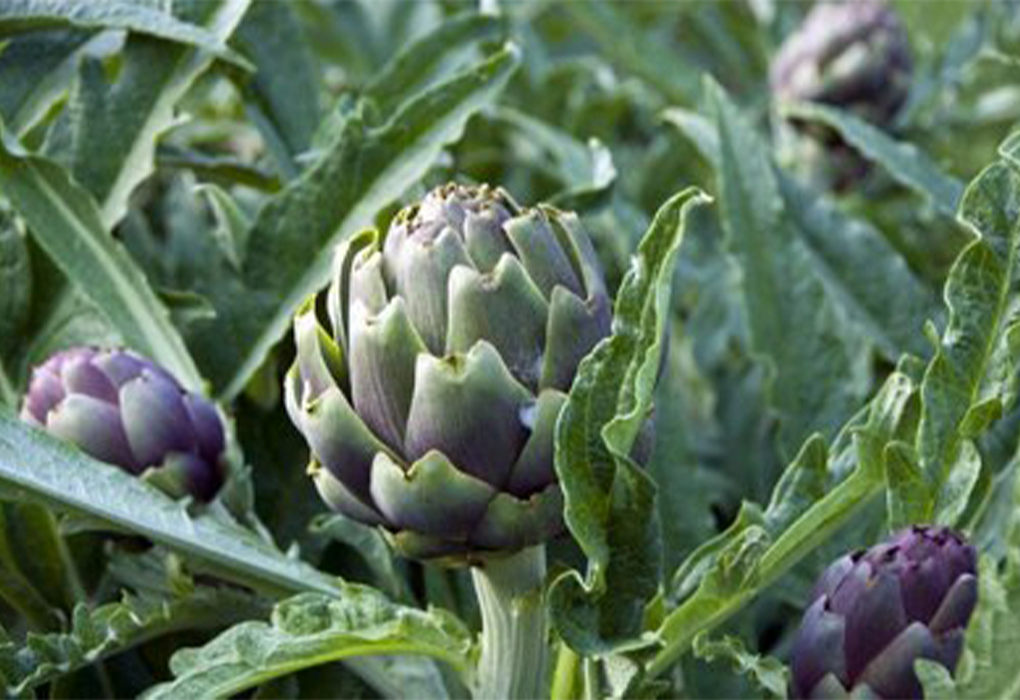

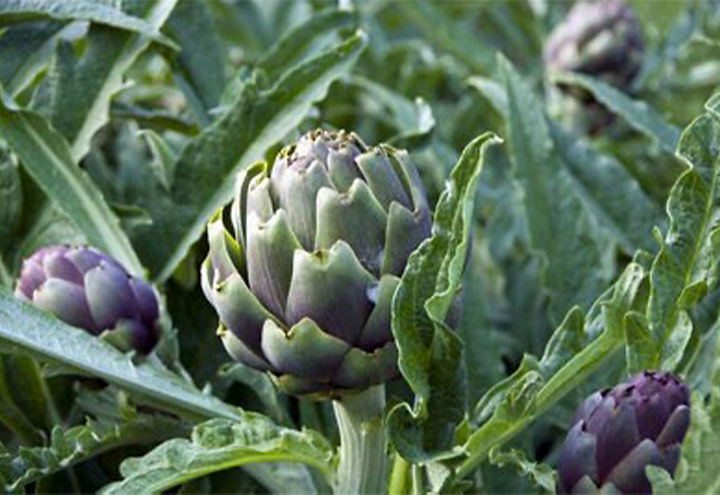
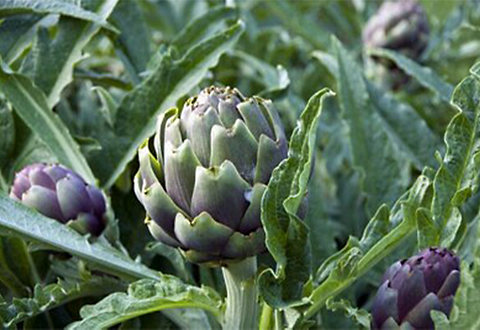
Fruit
- Create new strawberry beds and plant young plants raised from this year’s runners
- Prepare for new fruit trees and plant if conditions allow
- Harvest apples and pears for storing mid-month
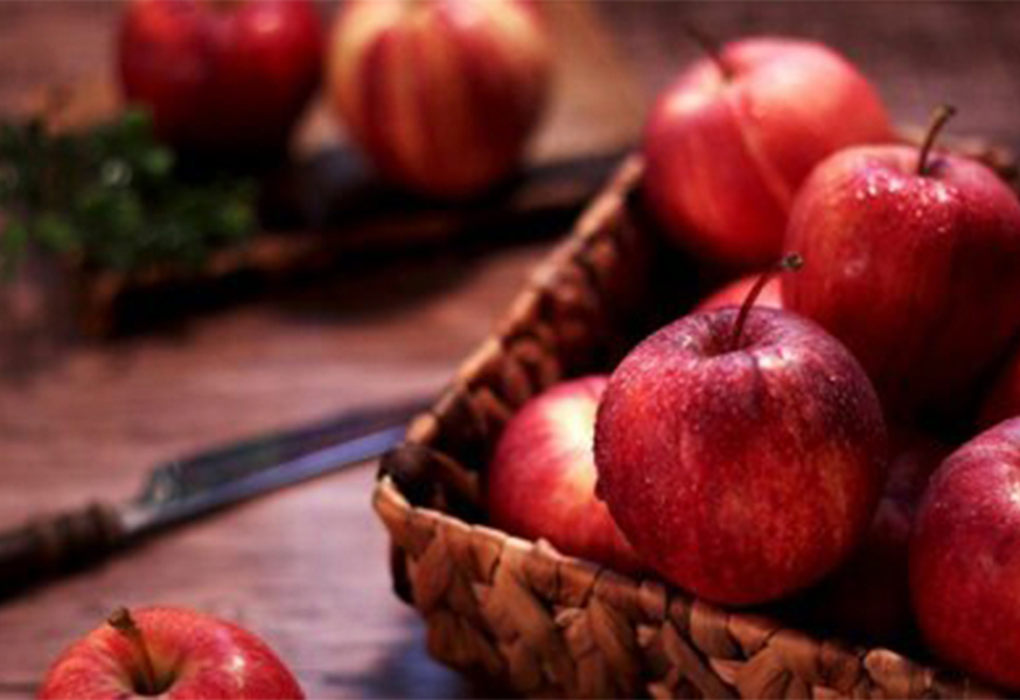

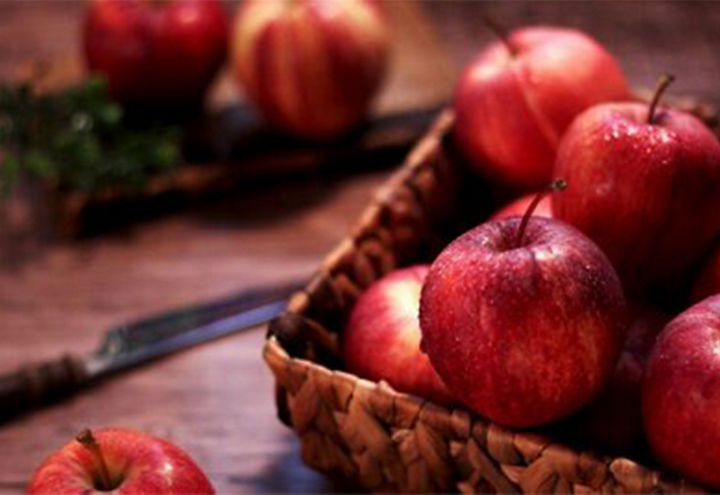
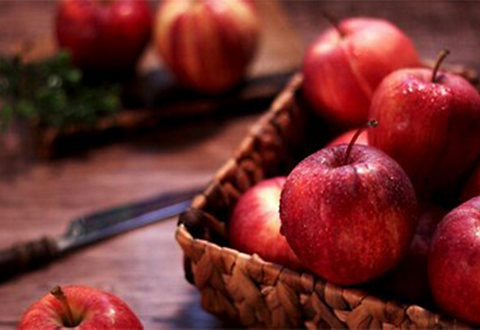
Undercover
- Have a good clear out of the greenhouse and prepare it for cold weather
- Bring frost-tender plants in for the winter
- Reduce the amount of water given to greenhouse plants as the nights get colder and the growth rate slows down
- Sow early annuals
- Plant tulips, hyacinths and narcissus in containers
- Sow winter lettuce, baby spinach leaves, overwintering spring onions and early carrots
- Remove any greenhouse shading
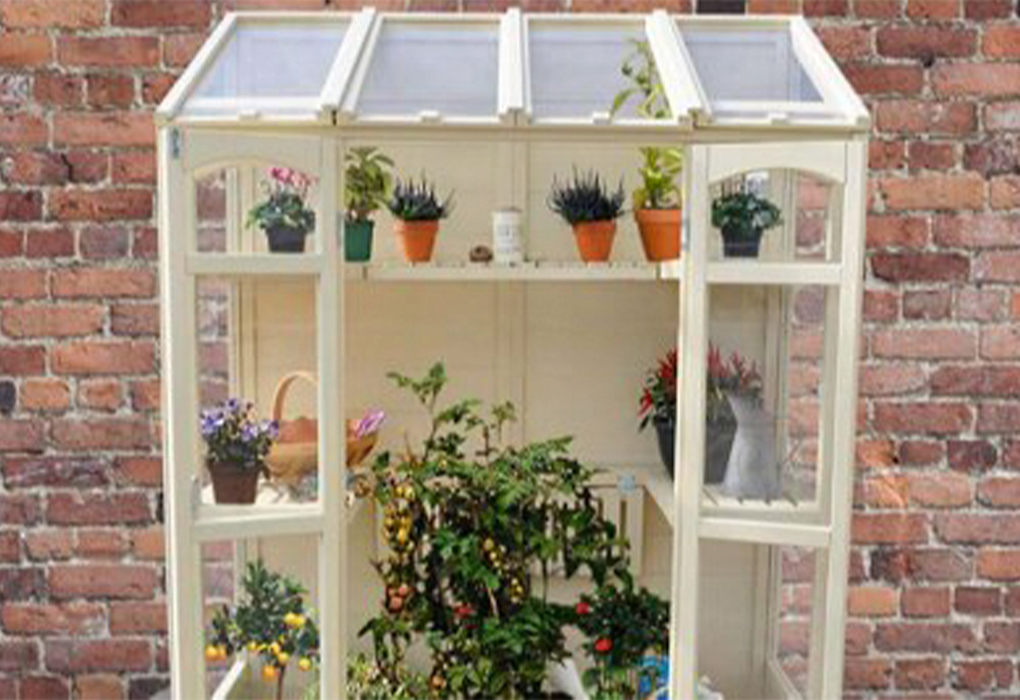

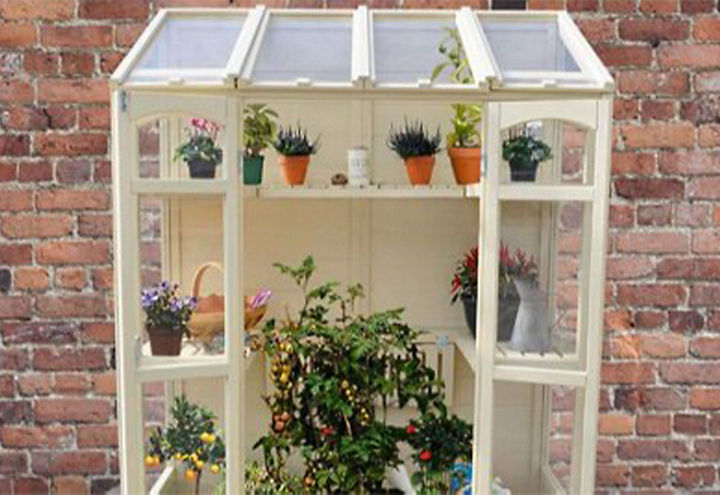
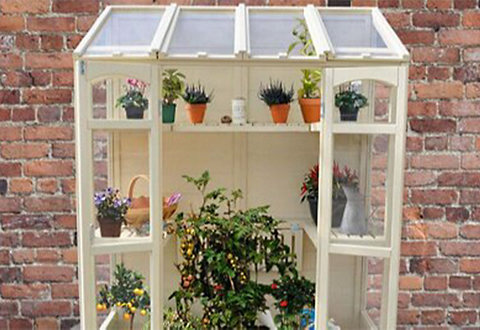
Wildlife
- If you have the space, make a woodpile habitat in a shady corner of the garden. A log pile will attract insects, including beetles, as well as toads and maybe a hedgehog too
- Clear out the pond: cut down dead and dying leaves of marginal plants, remove floating water plants and fallen leaves with a pond net. Scoop out excess sludge from the bottom and cover the pond with netting to stop more leaves from falling in
